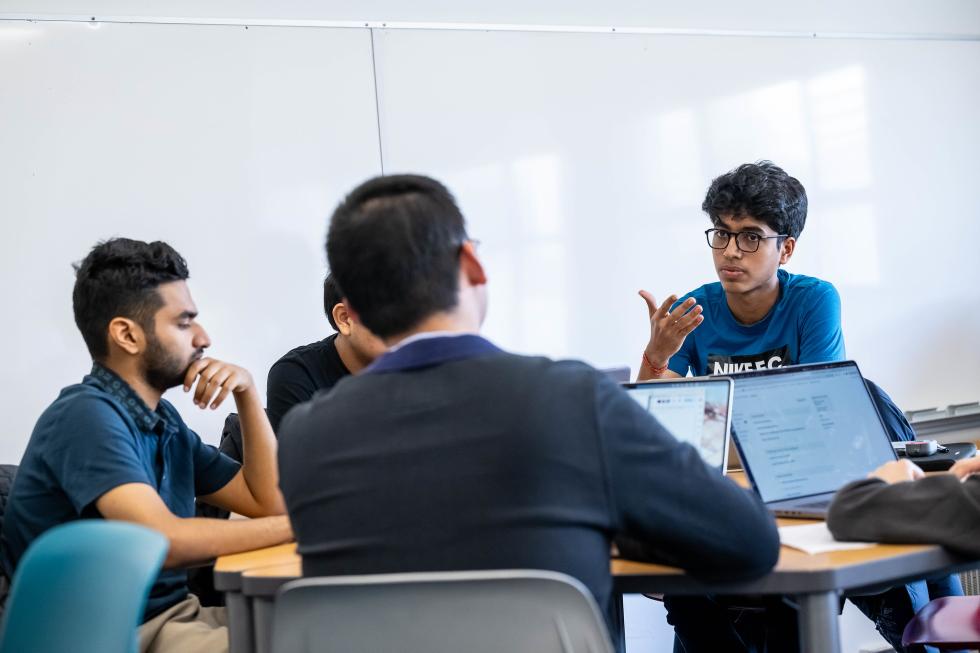
A renewed and expanded first-year seminar will give all incoming UBC Science students a crucial small class experience—one that will challenge them to think critically about what it means to be part of the scientific community.
“SCIE 113 is unlike any other first-year experience available at UBC,” says course director Dr. Marcia Graves, associate professor of teaching with UBC Microbiology and Immunology. “With 25 to 27 students per class, it’s one of UBC’s only first-year options that gives students the opportunity to engage closely with their peers and interact with instructors regularly. It’s a great way to transition to UBC, and to explore the teamwork which so often leads to advances in science.”
With the expansion, the SCIE 113 First-Year Seminar in Science is required for all incoming BSc students at UBC Vancouver, and fulfills three of their six required communications credits for their degree.
Launched in 2010, the SCIE 113 First-Year Seminar in Science has always offered a small class experience with a heavy emphasis on communication skills, scientific literacy, and in-class interaction. Expanding the course from the typical 16 sections serving 400 students to roughly 100 sections—a massive undertaking—gave Dr. Graves and her teaching colleagues an opportunity to evaluate a range of new approaches.
Those include increasing the degree of blended, online learning components in the class to support students in building skills crucial to academic success. Also, students will explore diverse ways of understanding and doing science by weaving Indigenous Ways of Knowing throughout the course.
“We’ll ask students to consider what it means to be a science scholar, and to ask themselves what values they’ll bring to the scientific community at UBC and beyond,” says Dr. Graves. “Students will learn how to dig in to scientific literature, be critical of it, analyze it, argue with it. We aim to help them develop healthy skepticism when evaluating evidence that supports a claim.”
Please visit the Faculty of Science website to read the full story.